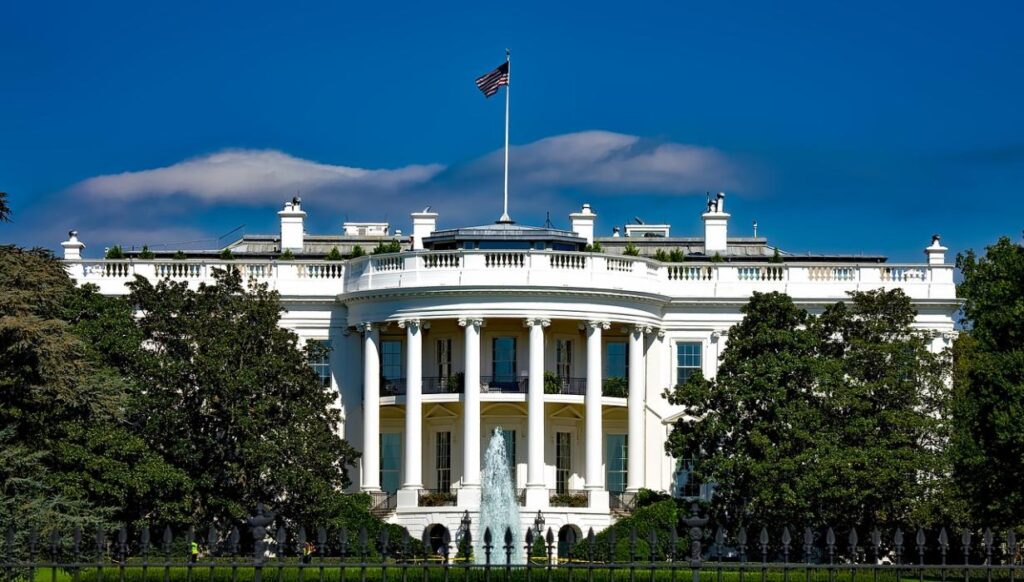President Obama’s State of the Union address and the Republican Response by Virginia Governor Bob McDonnell each called, as they should have, for a renewed focus by government on jobs and the economy. Within that broad charge, however, there was another, more surprising, point of agreement—at least at the rhetorical level. Both speeches challenged our government to focus simultaneously on creating greater and more equal opportunity.
The President declared that “we need to invest in the skills and education of our people,” and announced initiatives that The Opportunity Agenda has long promosted, including sidestepping banks to provide increased college aid directly to disadvantaged students through Pell grants and tax credits instead of loans, doubling the child care tax credit, incentivizing job creation through our tax code, and moving forward on commonsense immigration reform.
At the same time, he invoked “the promise enshrined in our Constitution: the notion that we are all created equal, that no matter who you are or what you look like, if you abide by the law you will be protected by it; that if you adhere to our common values you should be treated no different than anyone else.” In this connection, he announced strategies that we’ve long called for, including vigorous equal opportunity enforcement by the Civil Rights Division of the U.S. Justice Department, abolishing discrimination against gay and lesbian Americans in the military, and pursuing full compliance by employers with equal pay laws for women and men doing the same jobs.
Governor McDonnell was even more explicit—though less specific—in declaring the government’s responsibility to pursue both greater and more equal opportunity for all Americans. He said that “government should have this clear goal: where opportunity is absent, we must create it. Where opportunity is limited, we must expand it. Where opportunity is unequal, we must make it open to everyone.” Though he was sketchier on the details than was the President, McDonnell was expansive in declaring that “all Americans should have the opportunity to find and keep meaningful work, and the dignity that comes with it,” and that “a child’s educational opportunity should be determined by her intellect and work ethic, not by her zip code.” He said that “Republicans know that government cannot guarantee individual outcomes, but we strongly believe that it must guarantee equality of opportunity for all.”
Now, as President Obama said in his speech, I am not naïve. I understand that the two parties have different visions of how to achieve greater and more equal opportunity, flowing out of their differing core ideologies. But both parties, and the independents that they are courting, should be able to agree that opportunity is neither adequate nor equal today in America. That truth is well documented by The Opportunity Agenda’s recent update to The State of Opportunity in America, released this week, which analyzes government data to assess the nation’s progress in securing opportunity for all.
For example:
• While the overall unemployment rate increased 2.6%, from 7.4% in December 2008 to 10% in 2009, the increase in unemployment was significantly higher for African Americans and Latinos. African American unemployment increased 4.1%, from 12.1% to 16.2%, and Latino unemployment increased 3.5%, from 9.4% to 12.9%
• At the end of 2008, women, with a poverty rate of 14.4%, were 20% more likely than men, with a poverty rate of 12%, to live in poverty. Yet, this staggering gap is actually an improvement from 2007, when women were 24% more likely than men to live in poverty.
• Racial and ethnic gaps in educational attainment, a key tool in surviving an economic downturn, persisted in 2008. African American young people were 55% as likely as white young people to have obtained a bachelor’s degree, and Latino young people were 33.3% as likely as white young people to have obtained a bachelor’s degree. These numbers are largely unchanged from 2007.
The research also shows that these trends flow from steep, unequal, and structural barriers to opportunity that government has the power to address. Recognizing that the two parties would address these challenges from different perspectives, it’s incumbent on both to channel those differing perspectives toward innovation instead of acrimony or gridlock. They can start by ensuring that the proposed jobs bill, existing Recovery Act funds, and future government interventions are developed and implemented through the lens of greater and more equal opportunity. You can see more of our ideas on this at www.opportunityagenda.org/stateofopportunity. Americans around the country should demand that both parties provide specifics and pursue immediate action to move this agenda forward.
